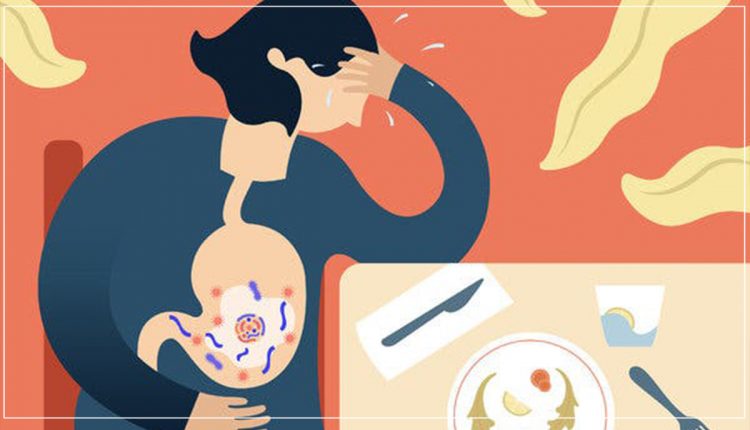
Food Poisoning: Basic Guidelines For Pakistan
Guidelines you should follow at home and at restaurants to lower your risk of food poisoning:
In Pakistan, we come across all types of food from all sorts of places. It isn’t often that we think twice about what we’re eating and how and where it is prepared. However, in light of the recent food poisoning case in Karachi, we have to be extra vigilant and start asking questions about the food we eat
Here are a few basic guidelines you should follow to lower your risk of food poisoning:
At Home:
- Read labels on how to store food items correctly. Many sauces require refrigeration after opening and some need to be consumed as soon as possible after opening.
- Make sure you check the expiration date of the products you are using
- Do not store tinned items in the tin after opening; place contents in a plastic or glass dish before refrigerating
- Raw, frozen meat should be consumed within 6-9 months; always write the date on the packet of meat when freezing
- If your bread starts to grow even a small amount of fungus, toss it out
- Smell and taste dairy products to confirm its freshness
- Practice safe preparation of foods; especially raw chicken which can cause salmonella
- Educate yourself and your staff about hygiene in the kitchen
- Make sure the water you are drinking is up to safety standards
Eating Out:
- Reputation matters. Opt for restaurants that have good reviews and a decent amount of customers- this guarantees that ingredients are used and replenished quickly
- Make sure the restaurants outlook is clean. If there are overflowing bins right outside, or cats venturing under the table (open air restaurants), chances are that your food is exposed to unwanted bacteria
- Ask questions. Don’t shy away from asking if your meat and vegetables are fresh and when the restaurant has sourced them
- Food stalls are popular but have a higher risk of food poisoning associated with them. They are best avoided
- Make sure your food is piping hot- to kill any bacteria that is present
- Skip the condiments. A chicken tikka is less likely to give you food poisoning than the raita/chutney/sliced onions it is served with
- If something feels/tastes/smells wrong, stop eating right away and return the dish
- Avoid buffet salad bars. They are not always kept to the right temperature and are exposed to a number of hands (aka bacteria) on the utensils
- Avoid eating desserts that use raw eggs, like chocolate mousse or tiramisu. Ask how your dessert has been prepared.
Vulnerable groups of people:
Even though anyone can get food poisoning, there are some groups that are more vulnerable:
- Young children
- Pregnant women
- The elderly
- People with chronic disease
Risky food items:
- Soft cheeses
- Chicken, if not cooked well
- Fish with a foul smell
- Deli meats
- Egg based dishes- like quiche
- Prepared salads/fruit salads
- Ready to eat food
- Dairy based drinks and desserts- e.g. lassi or rabri

